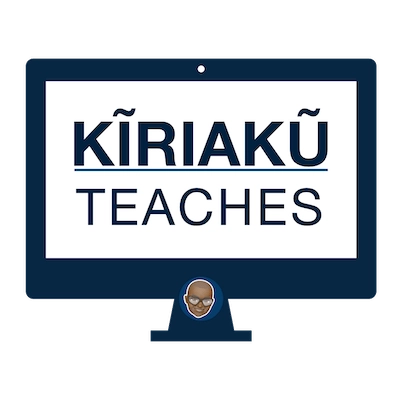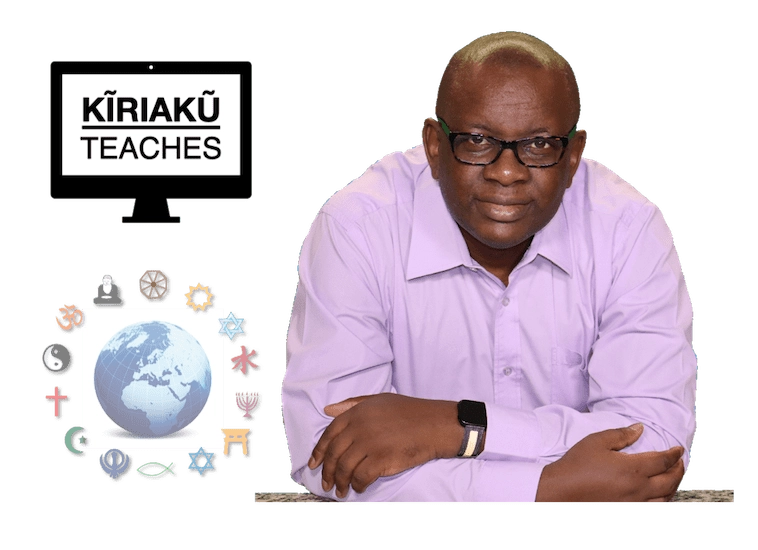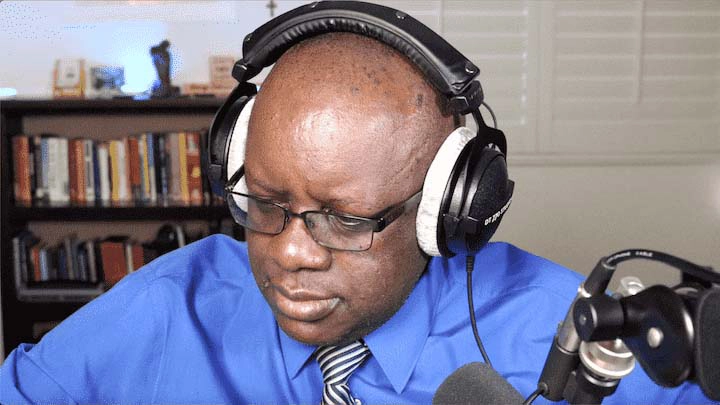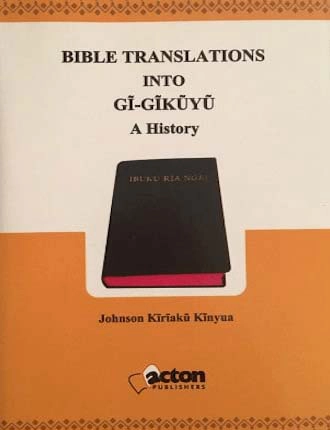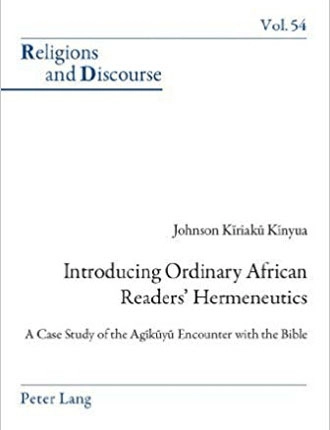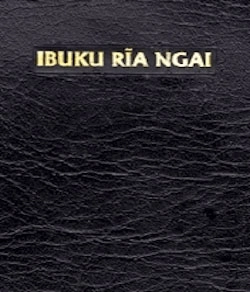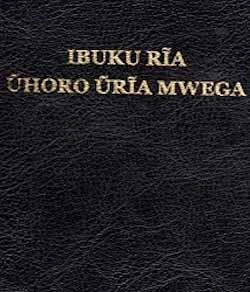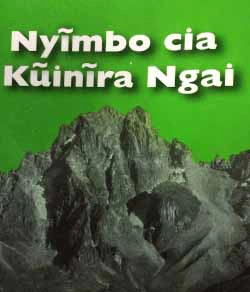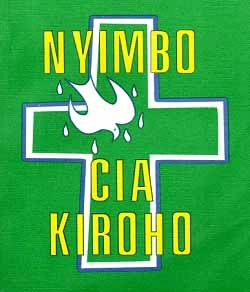Understanding Religion
Religious Literacy
Have you ever wondered why 85% of the global population identifies with some form of a religious tradition? Religious literacy involves our ability to participate in ongoing conversation about the private and public place of religious beliefs and practices. Understanding religion is a benefit to our shared world and to the advancement of society. Knowledge of religion helps us understand culture, politics, nationhood and our place in global citizenship. It helps us see the human person as a spiritual being who seeks ultimate meaning in life and to see religion as providing that meaning. Sign up ↓
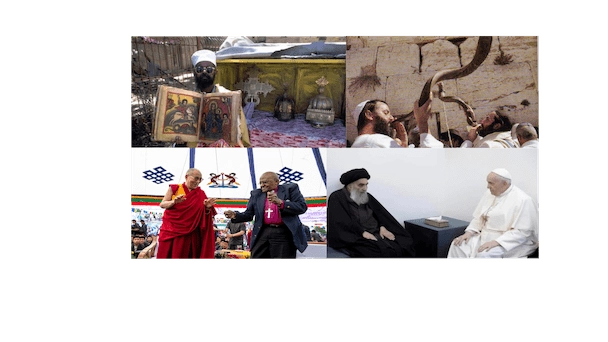

The Unaffiliated
The other important thing we need to recognize in the study of religion is the emerging phenomenon of religious unffiliates. Research shows that about 16% of the world population (1.1 billion people) have no religious affiliation. The unaffiliated forms the third-largest religious group worldwide, after Christians and Muslims. Interestingly, research has shown that decline does not mean people are rejecting religion. Religious commitment remains relatively stable even though the unaffiliated continue to reject organized faith. Sign up ↓
What is Religion?
Before we can experience individual religions of the world, we should also define religion. Can religion be defined simply as a belief in the realm of the supernatural? How about religions in which the idea of gods and spirits is absent? We will investigate together how people have understood religion in history. Eventually we will introduce you to new ways of understanding religion and religions of the world. Sign up ↓
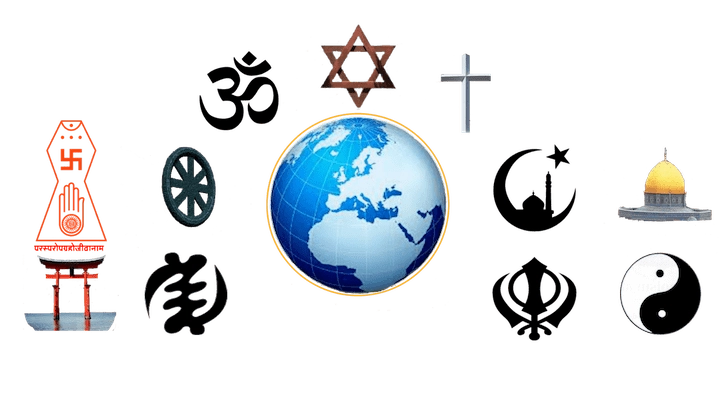
Satisfaction Guaranteed
Judaism
Judaism is an enduring and living religious tradition that has undergone markedly transformation over the millennial. Every Jew cherish the Torah knowing that God is not just found in natural forces but also in moral meanings. Judaism value education as a sacred task endowing the individual with dignity and depth.
Christianity
The early Christians were part of the first-century Jewish community who were privy to the teachings of the Jewish narratives recorded in the TaNakh. Jesus was born in Bethlehem in fulfilment to the Hebrew Bible prophecies that the messiah would be born in Bethlehem, home of David and in the lineage of David.
Islam
Islam derives its meaning from the root s-l-m meaning “peace”. It also denotes “surrender". Islam means complete, trusting surrender to God. The followers of Islam see Islam as the original path of monotheism. Islam’s monotheistic creed is: There is no god but God (Allah), and Muhammad is his Messenger.
Hinduism
Hinduism is not unitary or monolithic. Hindu is more a geographical than a religious term refering to the people who lived beyond the river Indus distinguishing them from Muslims. To understand Hindu beliefs, one has to recognize the diversity or range of different values and religious beliefs within Hinduism.

Kiriaku Waves Radio
Kĩriakũ Waves Radio (KWR) where we tell our story together! KWR equips God's people for service as we seek ultimate meaning together.
Listen Live! KWRKasisi Global Institute
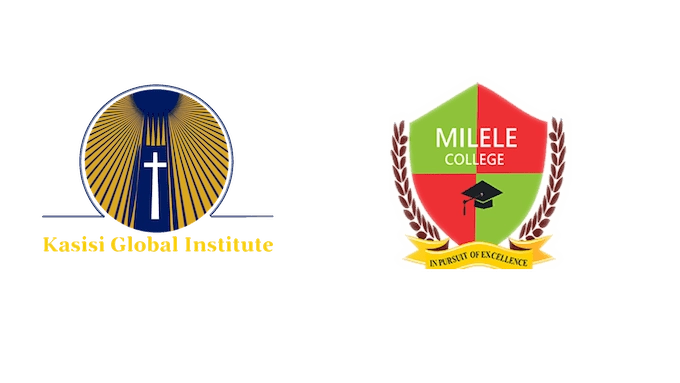
Kasisi Global Institute
Kasisi Global Institute of Leadership and Christian Witness is a 501c3 non-profit organization registered in the state of California under the directorship of the founder & CEO Rev. Dr. Johnson Kĩriakũ Kĩnyua. Kasisi Global Institute and Milele College (Nakuru, Kenya) have an established partnership guided by a Memorandum of Understanding signed on April 17, 2018. The two institutions have co-operative relations in curriculum development and training in leadership, Christian mission, theology, and religious studies.
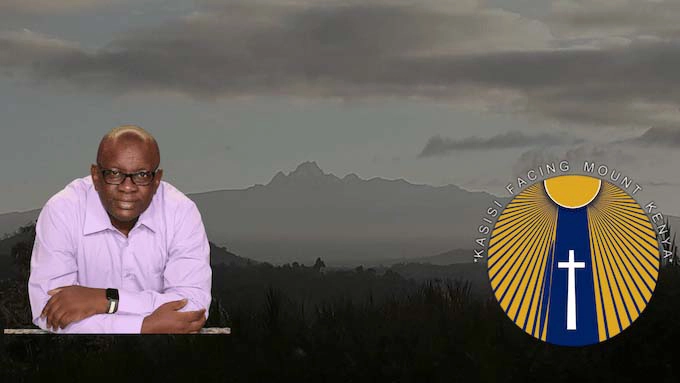
Kasisi Facing Mount Kenya
Kasisi Facing Mount Kenya hosts Kĩriakũ Teaches, Kasisi Global Institute, and an online database.
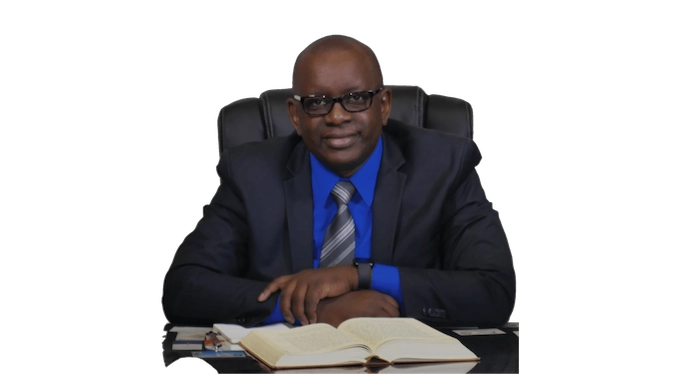
Kasisi
Kasisi Kĩriakũ wa Kĩnyua is the founder and CEO of Kasisi Brands including Kĩriakũ Teaches, Kasisi Global Institute and Kasisi Facing Mount Kenya. He is a trained theologian, a motivational speaker, a professor of religion and ethics, and an ordained minister. Kasisi Kĩriakũ holds a PhD degree in Religion from the University of Birmingham (England). Kasisi is the author of: Bible Translations into Gĩ-Gĩkũyũ (2017) and Introducing Ordinary African Reader's Hermeneutics (2015).
Conferences
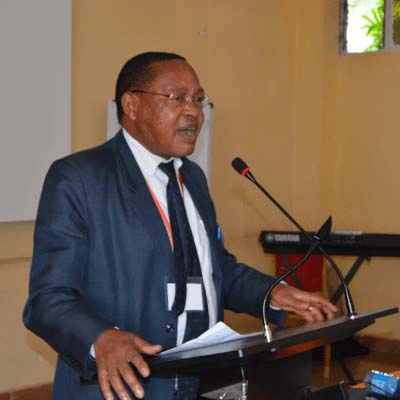
On March 20, 2019, Kasisi Dr. J. Kĩriakũ Kĩnyua successfully launched Kasisi Global Institute in partnership with Milele College. The launch was a great success with more than 40 people in attendance with a wide representation of ethnicity, education, gender, and age. This day marked the beginning of our first conference in Nakuru Kenya.
— Prof. Wachanga
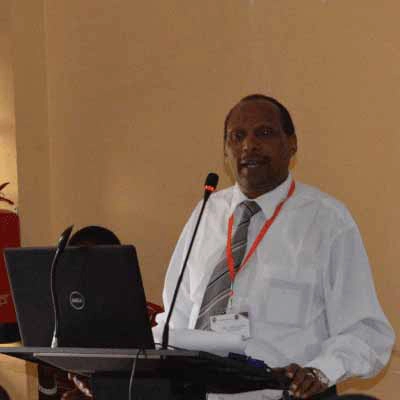
The second joint International Conference took place on February 17-19, 2020, at Milele Resort, Nakuru in Kenya. The conference was hosted by Kasisi Global Institute and Milele College. The conference drew speakers from both the USA and Kenya.
— Dan Njiri
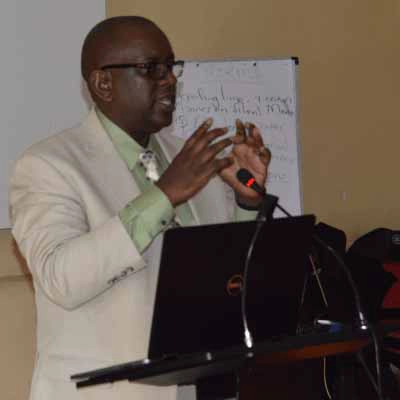
Kasisi Online Resource Center is an online database established to blog, preserve history and encourage research. The database offers online collection of all known (and even extant) Gĩkũyũ and Swahili Christian hymns, songs, and choruses.
— Dr. Kĩriakũ
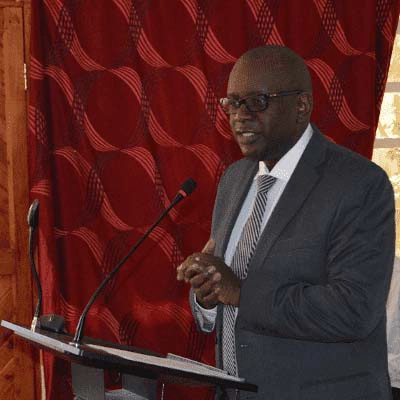
“Earlier in the morning (4:00am March 20, 2019) as I meditated and listened to the Word, and as I prepared to launch Kasisi Global Institute, I heard God say: “I want you to be the missionary I have prepared you to be. I will take care of the rest” — Kĩriakũ
— Kasisi Kĩriakũ
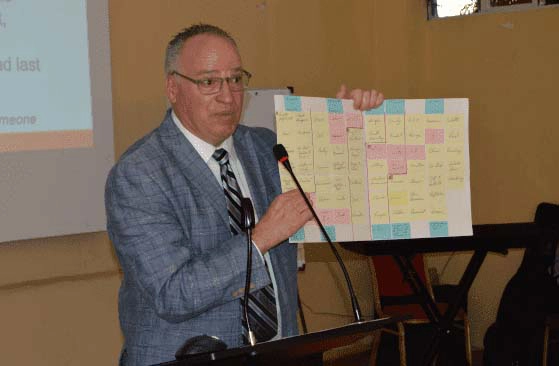
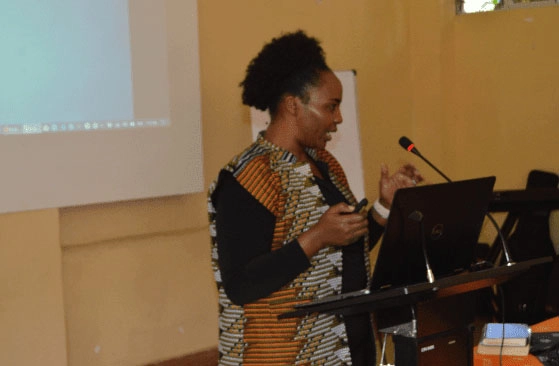
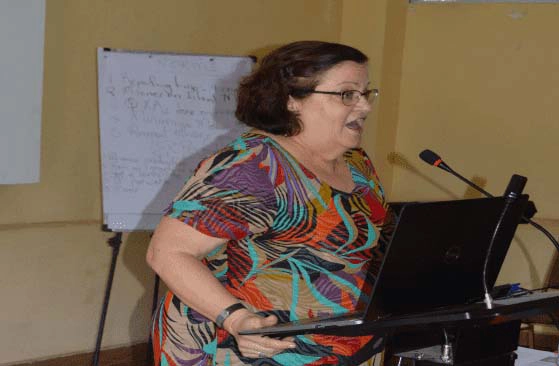
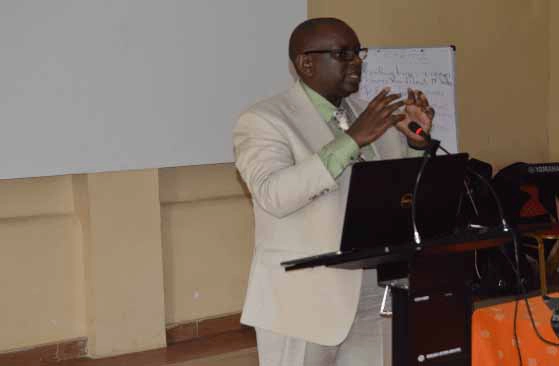
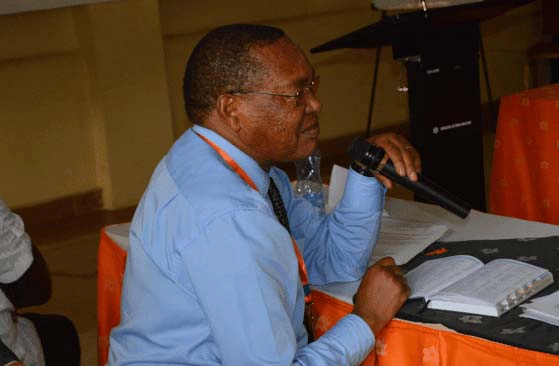
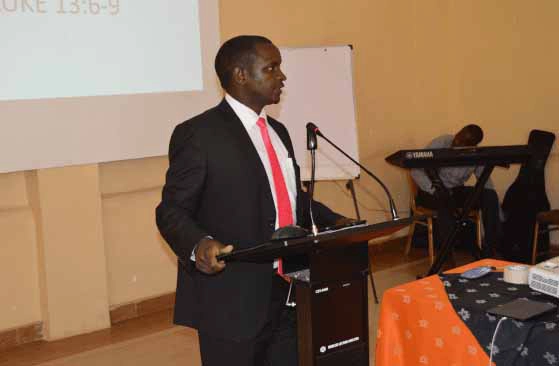
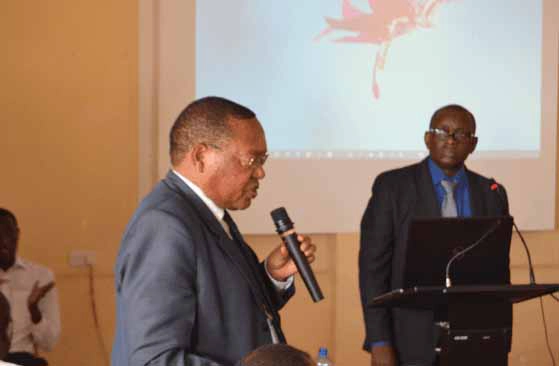
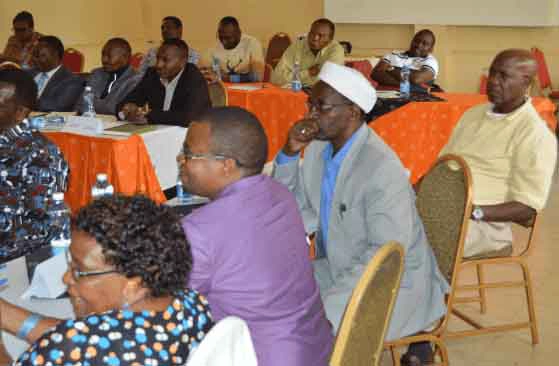
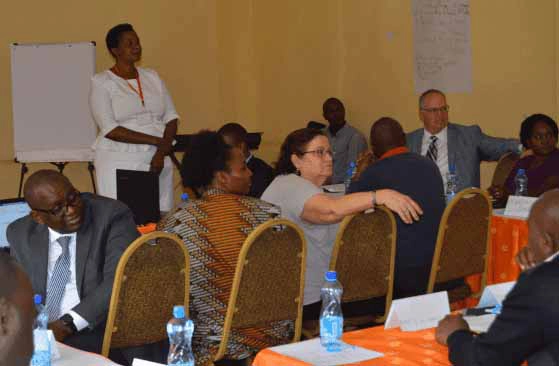
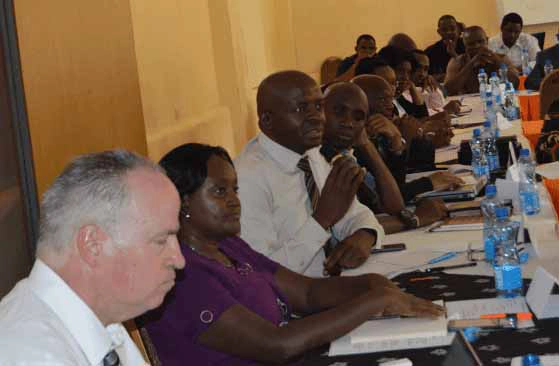
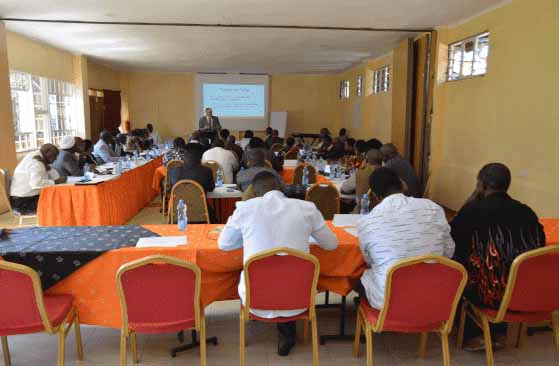
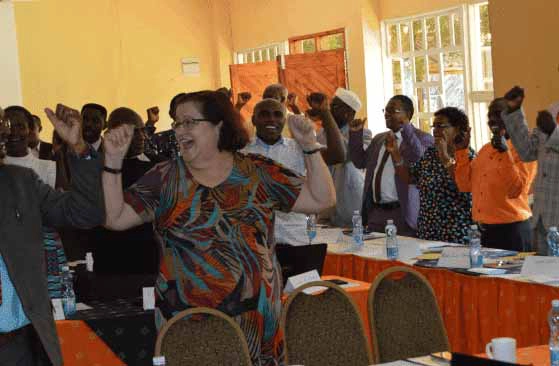
Pursue wisdom
Books & Articles
- Johnson Kĩriakũ Kĩnyua, “Online Learning and The Future of Adult Learning in Kenya”, Kenya Scholars & Studies Association (KESSA) 2018 Conference Proceedings, (The 11th KESSA Conference September 7 - 8, 2018)
- Johnson Kĩriakũ Kĩnyua in Dube, Musa W. and R. S. Wafula, eds. “Postcolonial Analysis of Bible Translation and its Effectiveness in Shaping and Enhancing the Discourse of Colonialism and the Discourse of Resistance: The Gĩkũyũ New Testament, A Case Study”, Postcoloniality, Translation, and the Bible in Africa 2017, 57-93
- Johnson Kĩriakũ Kĩnyua, “The Role of Technology in Remembering and Re-Membering African Memory (ies) among the Kenyan Immigrants Living in the Diaspora”. Kenya Scholars & Studies Association (KESSA) 2016 Conference Proceedings (The 9th KESSA Conference September 9 - 10, 2016)
- Johnson Kĩriakũ Kĩnyua, “A Postcolonial Examination of Matthew 16:13-28 and Related Issues in Biblical Hermeneutics”, Black Theology: an International Journal, vol. 13, no. 1, 2015
- Johnson Kĩriakũ Kĩnyua, “Postcolonial Analysis of Bible Translation and its Effectiveness in Shaping and Enhancing the Discourse of Colonialism and the Discourse of Resistance: The Gĩkũyũ New Testament, A Case Study”, Black Theology: an International Journal, Volume 11, no. 1, 2013, 58-95
- Johnson Kĩriakũ Kĩnyua, “The Narration of Egyptian Mythology: Wilhelm Max Müller through a Postcolonial Lens”, Black Theology: an International Journal, vol. 11, no. 3, 2013, 323-341
Gĩkũyũ Christian Texts
Gĩkũyũ online database was created by Rev. Dr. Johnson Kĩriakũ Kĩnyua in honor of the late Very Rev. Charles Mũhoro Kareri. Born in 1898. Kareri witnessed the establishment of the Church of Scotland Mission work in Kenya. He later became the first African moderator of the Presbyterian Church of East Africa. Mũhoro wa Kareri played a pivotal role in the translation of the Bible to Gĩkũyũ language. Kareri singlehandedly translated most of the Psalms using Swahili and English Bibles.
In the 1920s and 30s, Kareri traversed the Gĩkũyũ country collecting words and evaluating how such words were used in different Gĩkũyũ dialects. Kareri aimed at collecting and using “archaic words” which he feared would be lost if not preserved in written form. In his opinion, though some of these words were difficult to most readers, he would rather people use a dictionary than lose the original Gĩkũyũ. Kareri strongly felt that it was his responsibility to preserve the words for the benefit of the community.
Most of his work found its way not only in the Bible but also in Barlow’s dictionary and T. G. Benson’s Kikuyu-English dictionary. It is in honor of this great vision that this online database is establish to preserve history, and encourage.
The Gĩkũyũ Christian songs (and Swahili songs) found in this database add to the long history of Agĩkũyũ great composers and singers. It is a history that has used complex cultural codes through songs, proverbs, and marebeta to articulate Agĩkũyũ's faith in God, their experience, vision, and sometimes political defiance. That history is well captured by Boyes who was one of the earliest travelers in the Gĩkũyũ country long before colonization. Noting about the importance of singing in the life of the Agĩkũyũ, Boyes observed:
"the Kikuyu are a very musical people, singing wherever they go, and the warriors would come to the dances in a body, singing as they marched along, and keeping as perfect time and step as a regiment of trained soldiers… the Kikuyu seem to have more varieties of dances than any natives I know, and are, on the whole, a light-hearted race, singing all day long."
Boyes also recorded that the Gĩkũyũ country had:
"a class of strolling minstrels, resembling more than anything the old troubadours of the Middle Ages…a privileged class, travelling from place to place and extemporising songs about local events and people – not always without a strong tinge of sarcasm, which no one dared to resent" – quoted from
King of the Wa-Kikuyu: A True Story of Travel and Adventure in Africa by John Boyes. London: Frank Cass & Co. Ltd., 1968: 88-89.
Gĩkũyũ Christian
Kasisi Online Resource Center is an online database established to blog, preserve history and encourage research. The database offers online collection of all known (and even extant) Gĩkũyũ and Swahili Christian hymns, songs, and choruses. The database also includes Gĩkũyũ Bible (1965 and 2007 versions.)
Nyĩmbo cia Kũinĩra Ngai
This is the first online version of Nyĩmbo cia Kũinĩra. The first collection and translation of these songs was printed in 1915. More revision, edition, and additions have been done over the years. The second edition was published in 1935. The third and most important revision was completed in 1974. The fourth edition was revised, enlarged and published in 2003.
Nyĩmbo Cia Kĩroho
This is the first online version of Nyĩmbo Cia Kĩroho. The first collection of these songs was printed in 1972. More revision, edition, and additions have been done over the years. The second edition was published in 1977. The third edition was revised, enlarged and published in 1988.
Tenzi Za Rohoni
This is the first online version of Tenzi Za Rohoni. The first collection of these songs was printed in 1983. Nyimbo zingine nyingi katika mtandao huu wa intaneti wa Kasisi Facing Mount Kenya zimetafsiriwa kutoka kwa Nyimbo Standard na Nyimbo za Kristo.
